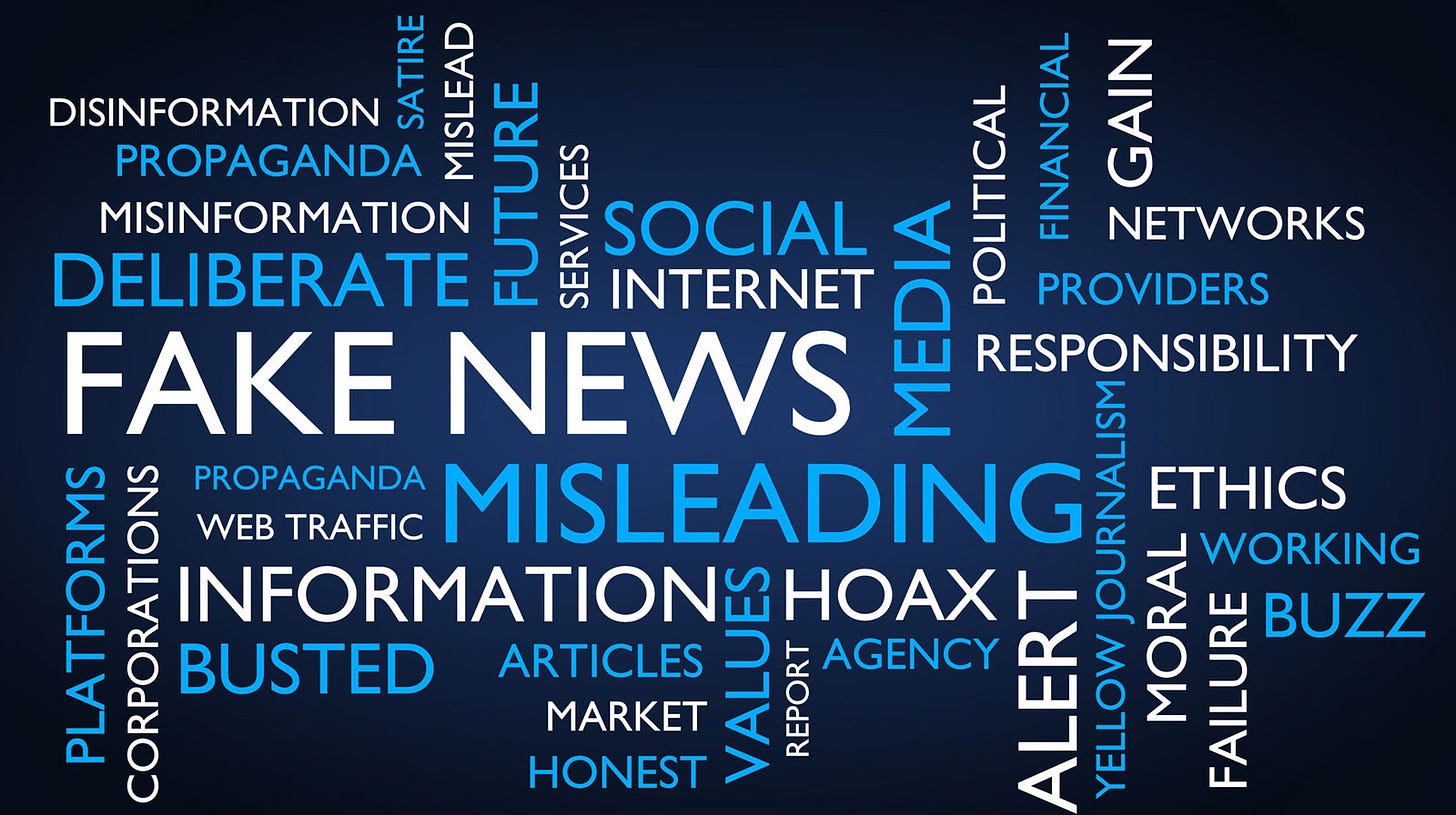In today’s media landscape, the line between news and entertainment has blurred, and the role of journalism as a trusted public service has eroded.
The focus on clicks and advertising has shifted media priorities, placing profit above truth and integrity.
As a result, we find ourselves in a world where sensationalism reigns, and reliable information becomes harder to find.
This article explores how the relentless pursuit of revenue has undermined journalistic standards, leaving the public at risk of being ill-informed, and ultimately, shaping society in unintended ways.
The Profit Motive: From Public Service to Private Gain
News was once seen as a critical public service, but now it’s driven by clicks and engagement metrics.
Today, many media outlets are bound to the attention economy, meaning that stories are often chosen for their potential to attract viewers rather than their value in informing the public.
Clickbait headlines and emotionally charged content draw audiences, but they often sacrifice substance for sensationalism, reducing news to entertainment.
The shift toward profit-first reporting has had wide-reaching implications. When stories are prioritized based on their ability to generate views, important but complex issues get sidelined, while controversial or shocking topics take center stage.
This approach doesn’t just compromise quality; it weakens the essential relationship between media and public trust.
When audiences are fed exaggerated or poorly researched news, they lose the ability to make informed decisions, a foundational aspect of democracy.
Ethical Compromises in Mainstream Media
Alongside the drive for profit, ethical compromises have permeated newsrooms. Journalistic standards like accountability, accuracy, and impartiality are increasingly sacrificed for the sake of ratings and advertising dollars.
In some cases, media outlets avoid holding influential figures accountable to maintain access, creating a dynamic where profit motives influence content in unsettling ways.
Instances of news outlets publishing stories with minimal fact-checking or relying on anonymous sources are examples of this compromise. These tactics may attract immediate attention but erode credibility in the long term.
One significant consequence is that the public is either misinformed or distrustful of the media entirely. The rise of crisis-driven news cycles, where each day brings a new headline-grabbing event, has also contributed to the normalization of unreliable news.
This pattern was starkly visible during Donald Trump’s rise to power. With his polarizing, crisis-a-day approach, Trump became a media cash cow, and some outlets fed into the frenzy by covering every tweet, scandal, or controversy, often without adequate context or critique.
By amplifying this spectacle, the media may have inadvertently helped shape public perception in a way that led to Trump’s electoral success.
The Importance of Accountability and Quality in Reporting
The erosion of media integrity has consequences beyond the news itself. When the public is consistently exposed to sensationalized, poorly sourced, or biased reporting, it creates a society of ill-informed and misinformed citizens.
This misdirection distorts public understanding of critical issues and impacts the democratic process. Without quality reporting, citizens lack the tools to make informed decisions, weakening the social and political fabric.
Reliable information is more than a public right; it’s the bedrock of informed citizenship.
When media outlets prioritize revenue over responsibility, they undercut this principle, transforming journalism from a source of insight to a tool for manipulation.
This transformation can have real societal effects, as seen in cases where misinformed citizens, swayed by exaggerated stories, cast votes that may not reflect their actual interests.
The Role of Independent Media in a Changing Landscape
As traditional media has become increasingly profit-driven, independent journalism offers an alternative approach.
While they face challenges, such as limited resources, independent outlets are often less susceptible to corporate influence and can report with a focus on truth and accountability.
These outlets, supported by reader subscriptions or grants, provide a counterpoint to the ratings-driven content that has become prevalent in the mainstream.
While independent media cannot fully replace the reach of large networks, they play a crucial role in filling gaps left by traditional news.
Their commitment to in-depth reporting without the pressure of ad revenue allows for more nuanced, investigative content.
Although small in scale, independent media represents a push toward restoring integrity to reporting, even as mainstream media struggles with profit motives.
Conclusion: Reclaiming Journalism’s Role in Democracy
The influence of profit on journalism has undeniably altered its role in society, but there is hope for a return to its founding principles.
Journalism should serve as a pillar of truth, equipping the public with accurate information and holding those in power accountable.
To achieve this, both media producers and consumers must advocate for and support a culture of integrity over sensationalism.
The first step is awareness—recognizing the impact of profit-driven journalism on public perception and democracy.
By valuing truth in media, readers and journalists alike can help rebuild a news landscape that genuinely serves the public.
In doing so, we reclaim journalism’s purpose as a force for accountability, understanding, and positive societal impact.
Enjoying this article?
Support independent writing and receive free eBooks and well-researched articles.
Paid subscribers receive special, in-depth downloads and more.




